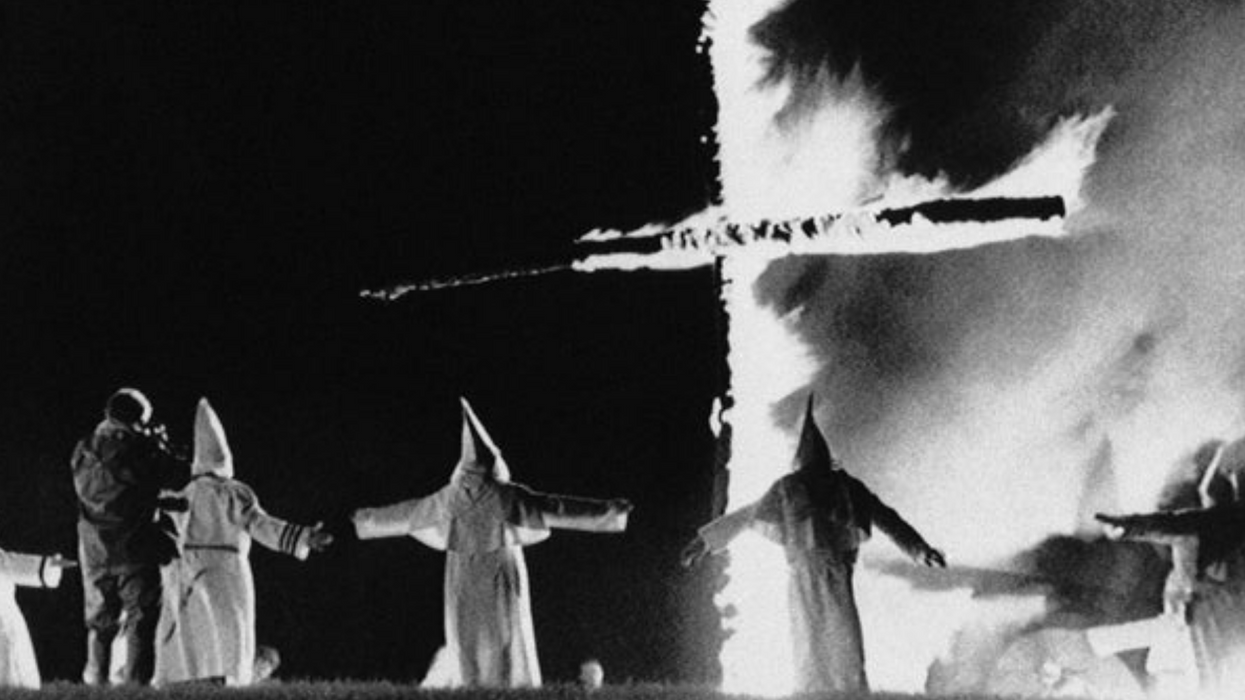News
Sanjana Varghese
Apr 17, 2020

AP Photo/Scott Perry, File
Growing scientific consensus indicates that wearing a mask when in public is at least one way to reduce the chanced of spreading Covid-19.
In some parts of the world, that could cause a problem with existing anti-mask laws.
Anti-mask laws, broadly speaking, prohibit face coverings or disguises, while others have specific caveats in which masks are deemned to be unlawful.
But public health concerns are calling into question whether those anti-mask laws can be enforced.
In the US, 10 states have some form of anti-mask laws.
Georgia is one of the states which brought in anti-mask legislation specifically to target the KKK. In Georgia, governor Brian Kemp signed an executive order earlier this week, temporarily suspending the 1951 law for people wearing masks for public health reasons.
He also posted a tweet, where he said, "I signed an order to allow Georgians to wear masks in public to mitigate the spread of Covid-19 – in accordance with CDC guidance – without fear of prosecution."
There are other issues at stake here as well – Georgia state senator Nikema Williams worried that anti-mask legislation could increase racial profiling against black communities who are using home-made masks, particularly as black people have been overrepresented in Covid-19 cases. Atlanta Mayor Keisha Lance Bottoms had also raised the issue on Twitter after seeing two black men being escorted from a store for wearing home made masks.
Many states brought in anti-mask laws, and widened the definition to include hoods, to target Ku Klux Klan members who would wear disguises. This type of legislation came into effect over 150 years ago – the first was in New York State in 1845, after a rebellion by a group of farmers.
In some cases, such as in California, the law prohibits face mask coverings for the intent of disguising someone’s identity, or specifically at a protest. This legislation was also used to arrest and detain protesters during the Occupy Wall Street Protestors in 2009, many of whom were wearing Guy Fawkes masks.
In Washington, DC, the city mayor has recently made it mandatory to wear masks in public, but DC is also one of the areas in the US with stringent anti-mask regulation.
However, experts have pointed out that the intent of wearing masks, in this case, is to prevent the transmission of disease, and not to conceal someone’s identity, and so these mask laws may not apply.
In the US, wearing a mask has become a requirement in parts of Texas, in Beverly Hills and in parts of Miami and Califonia. However, as countries and regions around the world consider how best to handle social distancing measures alongside the pressure to relax lockdown measures, masks have become an increasingly necessary public health measure.
Top 100
The Conversation (0)













